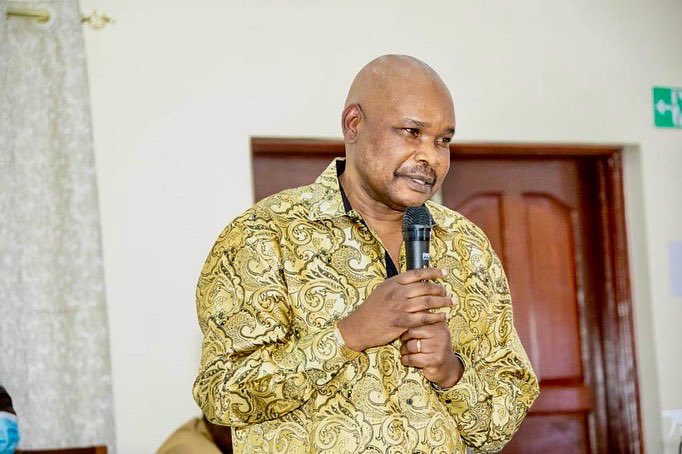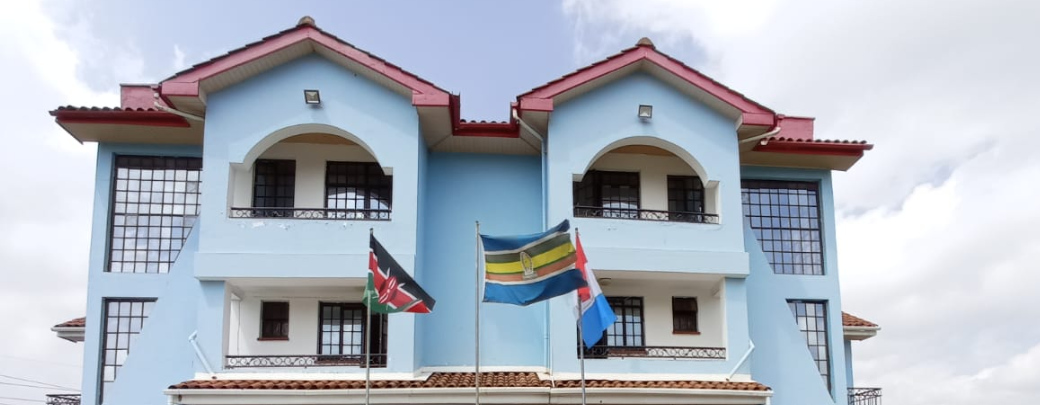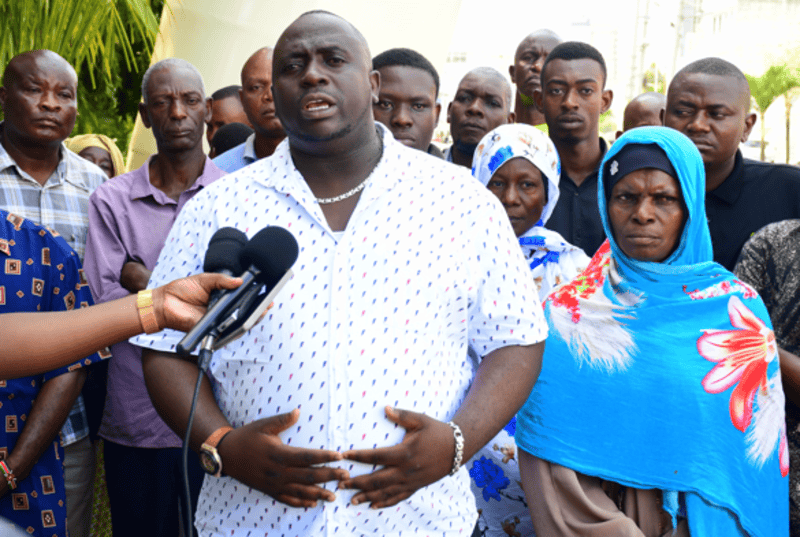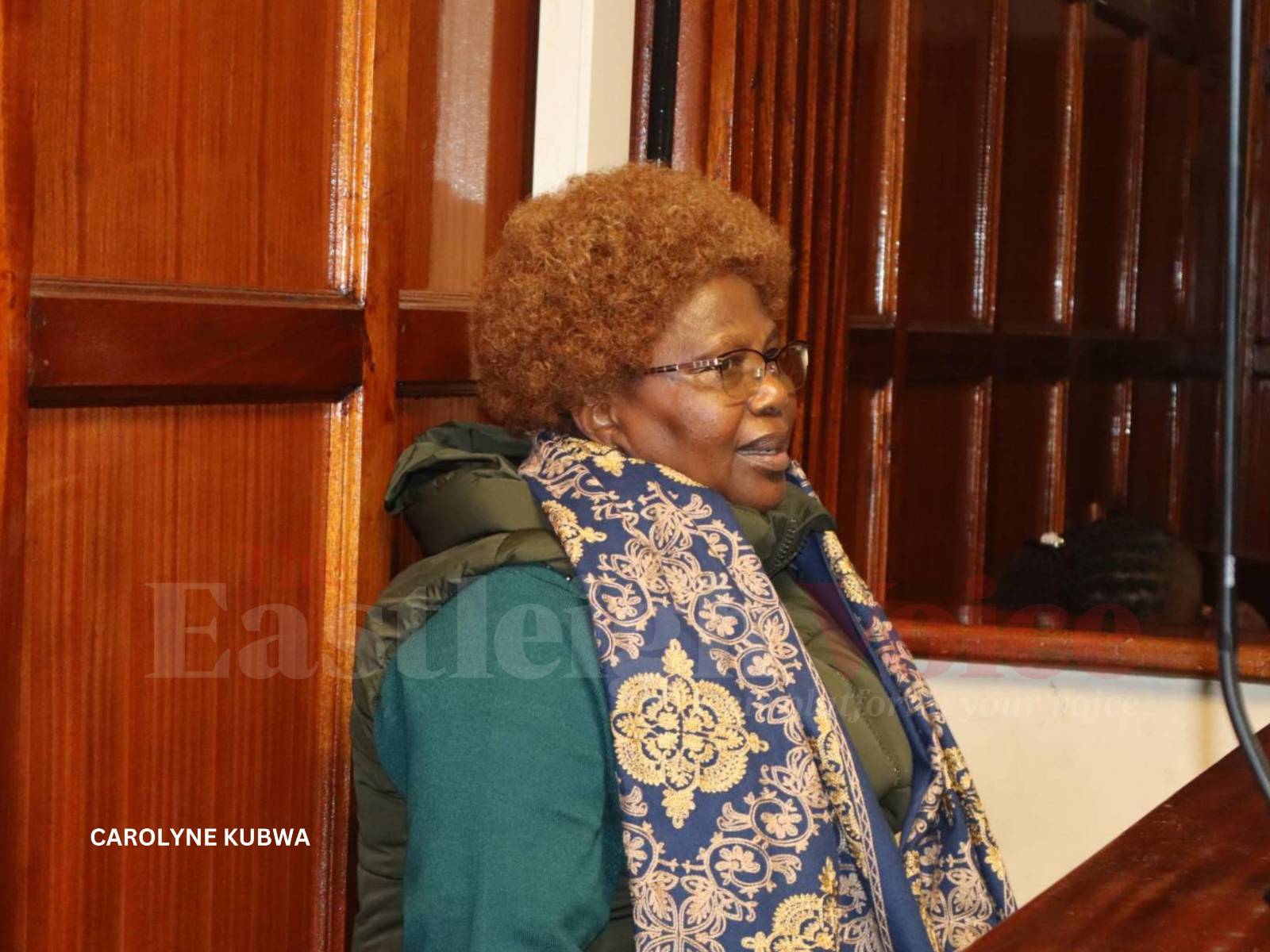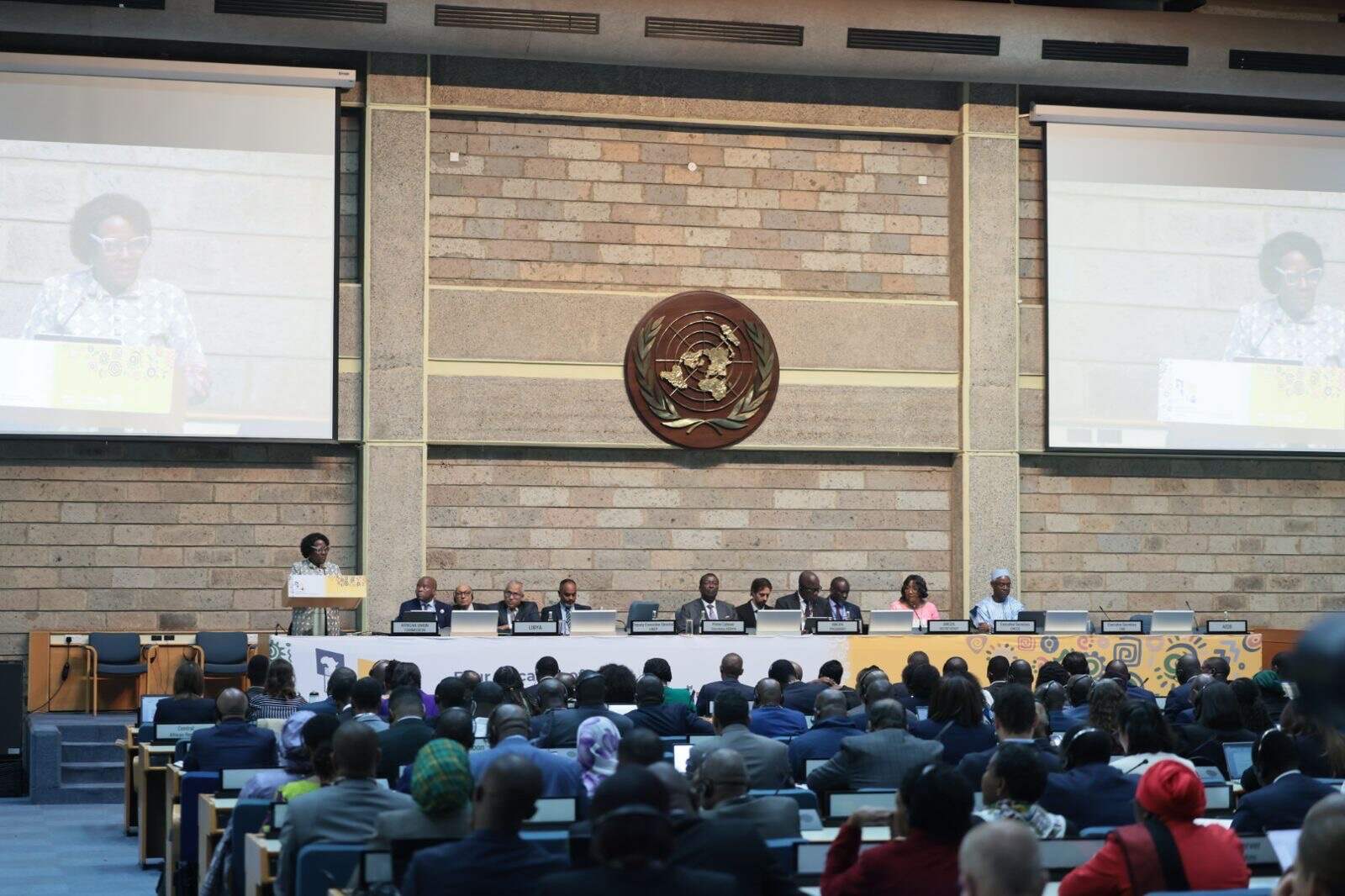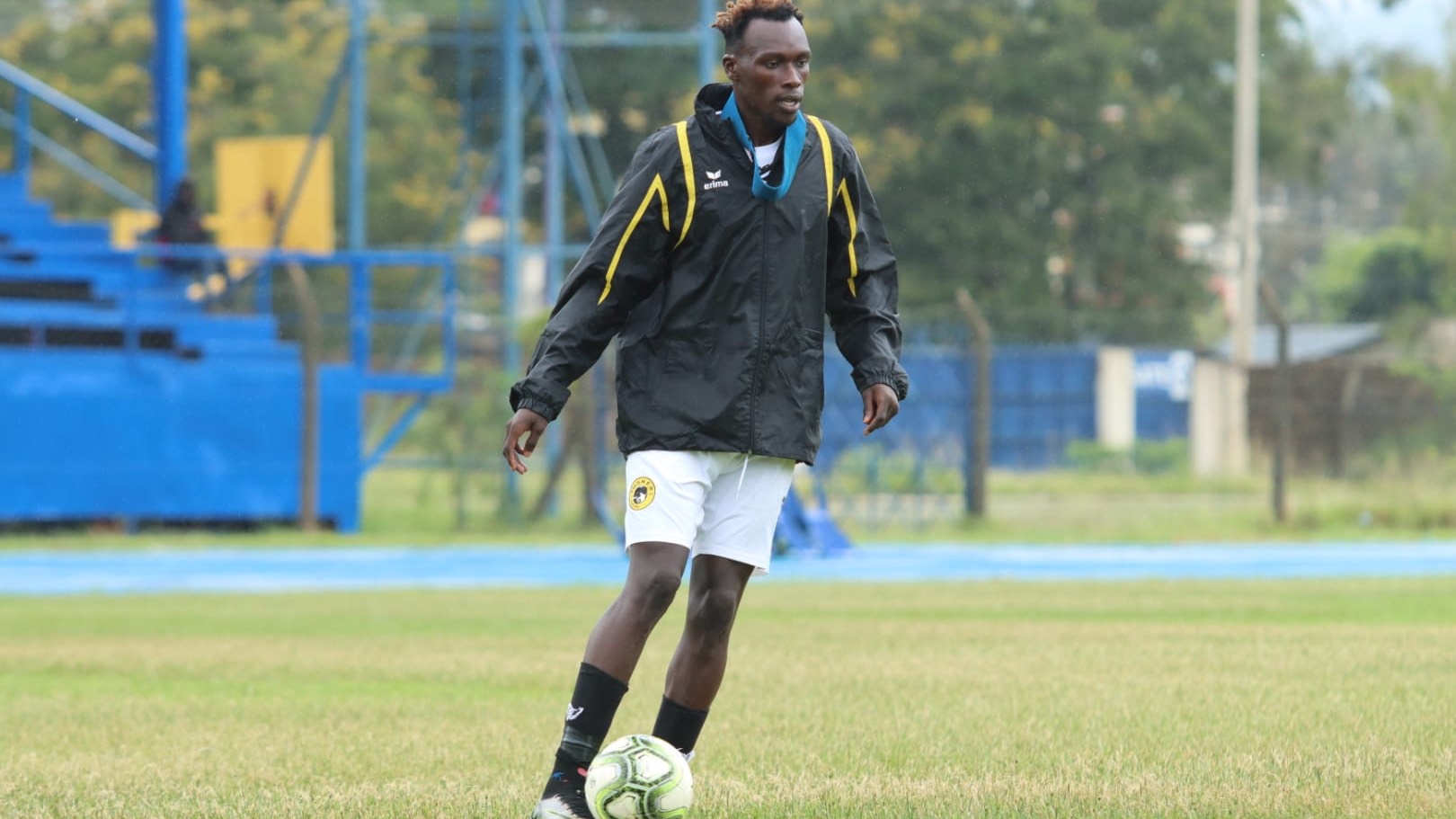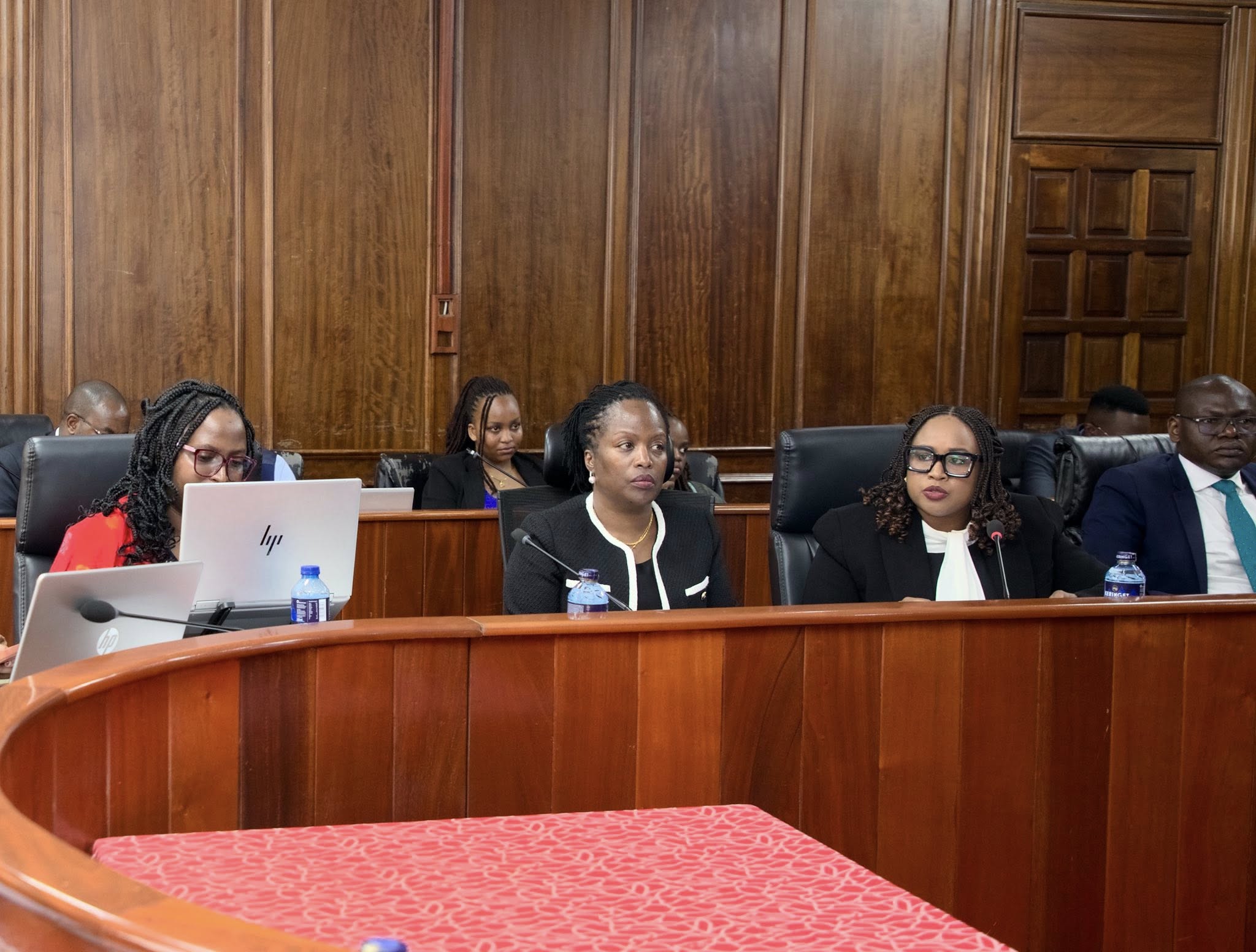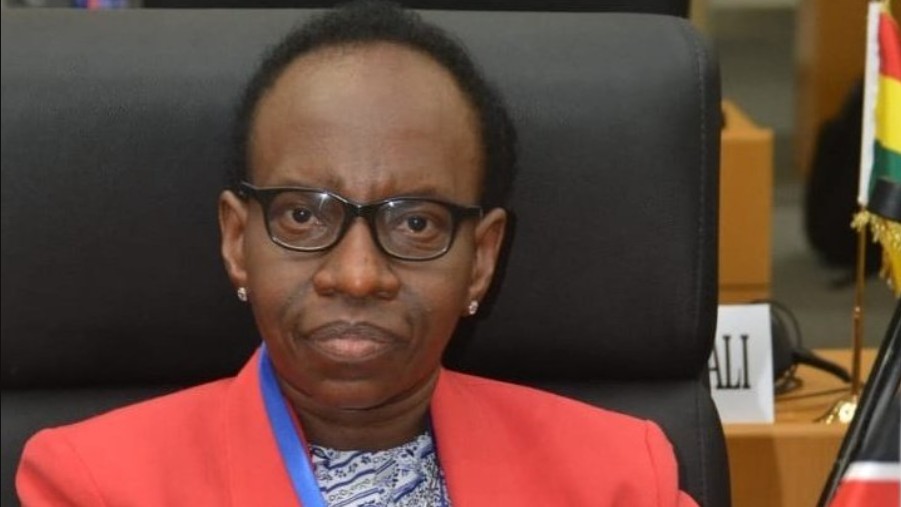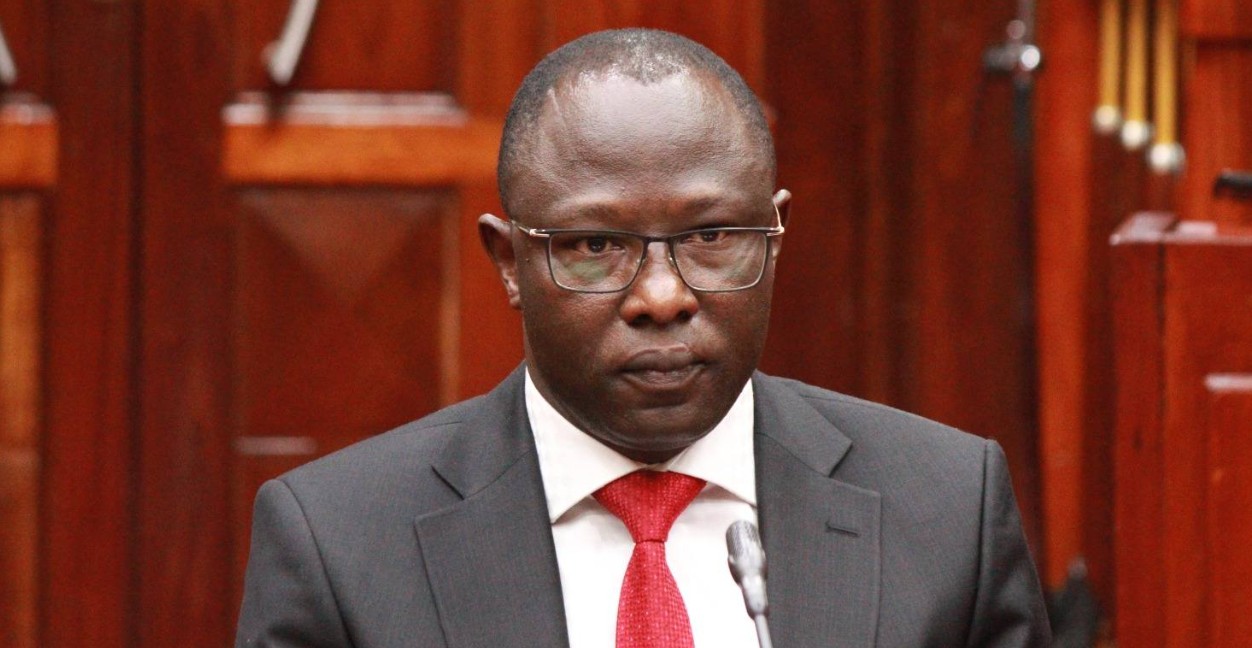Government suspends hardship area classification after public backlash

Public Service Cabinet Secretary Geoffrey Ruku said the Ministry of Public Service and the Ministry of Education have agreed to halt the rollout of the new classification.
The government has paused the implementation of a recent report on hardship area classifications after it sparked a storm of criticism from teachers, civil servants, and elected leaders in affected regions.
Public Service Cabinet Secretary Geoffrey Ruku said the Ministry of Public Service and the Ministry of Education have agreed to halt the rollout of the new classification.
More To Read
- Justin Muturi reveals how he became AG after initially declining the role
- Government to roll out app monitoring civil servants’ attendance, working hours
- Civil servants to sign daily attendance registers, CS Geoffrey Ruku declares
- Chief Justice Martha Koome, CSs unveil appointees across state agencies
- 10 dead, 29 injured and two abducted as Saba Saba protests rock 17 counties - KNCHR
- Teachers sue TSC over discriminatory promotion list excluding tutors from arid regions
He noted that a fresh evaluation involving elected leaders and other key stakeholders will be conducted before any decisions are made.
“We have decided to hold on to the report for now. We need to re-evaluate the report together with the stakeholders and elected leaders before its implementation,” said Ruku while addressing residents during a visit to Samburu County on Wednesday.
The announcement follows days of strong reactions, especially from teachers in Turkana, Samburu, Marsabit, West Pokot, parts of the Coast, and North Eastern counties.
Public servants in these areas raised concern that the report would remove them from hardship zones, which would directly affect their allowances despite their continued challenges on the ground.
Ruku assured workers that their hardship benefits are safe and will not be discontinued as the review continues.
“Let public servants not fear that their hardship allowances may be discontinued any time soon. The government is committed to ensuring there is rigorous public participation from all stakeholders before the implementation of the report,” he said.
The report came under heavy criticism from lawmakers and teachers' unions, who accused the government of ignoring the realities of life in remote and underserved areas.
In Samburu, Senator Steve Lelegwe condemned the move to downgrade the county’s hardship level from “extreme” to “moderate,” saying it failed to consider the ongoing struggles faced by public servants.
“Sometimes you wonder why they decided to reclassify Samburu as a moderate working area. This region is extremely challenging owing to season-long challenges ranging from poor mobile network coverage to poor infrastructure,” Lelegwe said.
The senator added that insecurity, drought, and lack of essential services continue to affect the county, and that the reclassification would be a major setback for workers who already endure harsh conditions.
The suspension of the report now opens the door for broader consultations and a possible revision that may better reflect the true conditions in various regions across the country.
Top Stories Today

